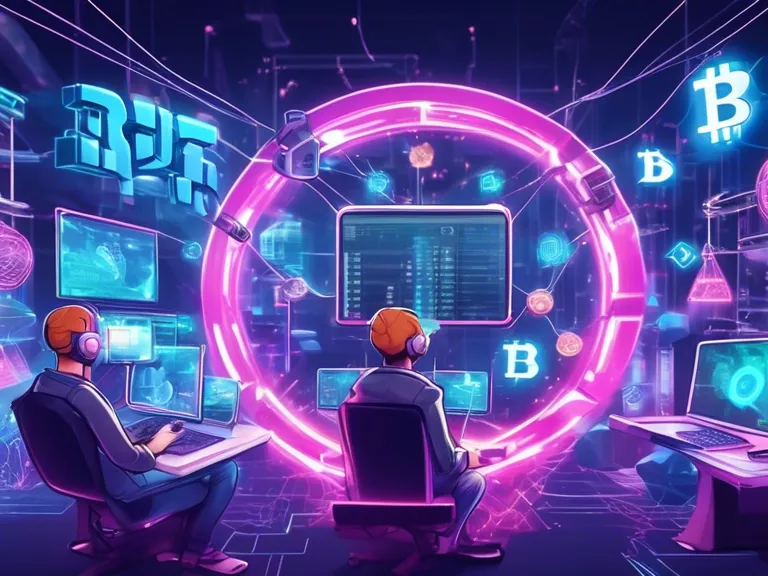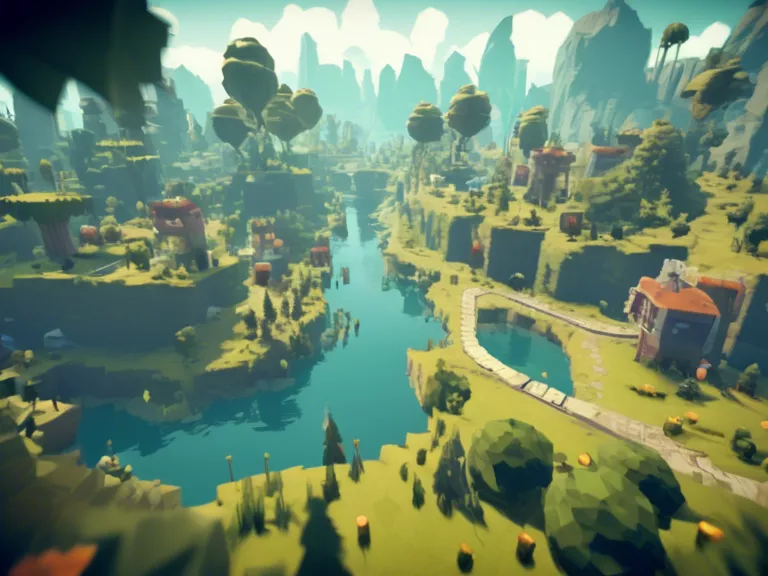
Blockchain technology is revolutionizing the way in-game economies function, offering new opportunities for both developers and players alike. From digital assets to secure transactions, here's how blockchain is influencing the virtual economies of today.
One of the key benefits of implementing blockchain technology in gaming is the ability to tokenize in-game assets. This means that items, currency, and other virtual goods can be stored securely on the blockchain, allowing players to truly own their digital possessions. This opens up a world of opportunities for players to buy, sell, and trade in-game items with full ownership rights.
In addition to tokenizing assets, blockchain technology also enhances security and transparency in in-game transactions. By utilizing smart contracts, developers can create secure and verifiable transactions that are executed automatically, reducing the risk of fraud or hacks. This not only benefits players by providing a more secure environment to trade in-game items but also helps developers maintain the integrity of their virtual economies.
Furthermore, blockchain technology enables cross-platform trading, allowing players to trade in-game assets across different games or platforms. This seamless integration of blockchain technology eliminates the restrictions imposed by traditional gaming ecosystems, giving players more freedom and flexibility in managing their virtual assets.
Another significant impact of blockchain technology on in-game economies is the introduction of decentralized marketplaces. By utilizing decentralized platforms, players can buy, sell, and trade in-game items directly with each other, without the need for intermediaries. This peer-to-peer trading model fosters a more player-centric economy, where players have more control over the value of their virtual assets.
Overall, the integration of blockchain technology in gaming is reshaping the way in-game economies operate, offering new possibilities for ownership, security, and transparency. As more developers embrace this technology, we can expect to see a shift towards more player-driven economies that empower gamers to truly own and control their virtual assets.



